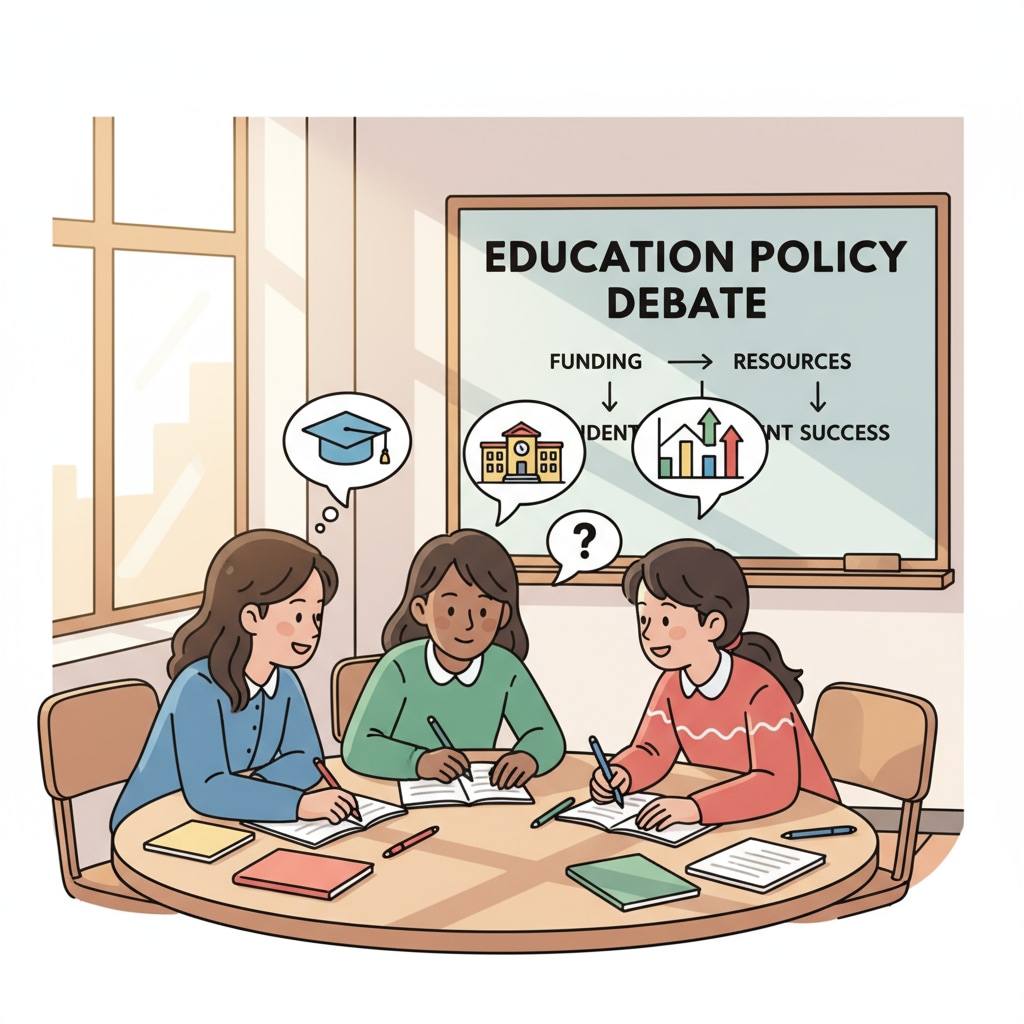The school vouchers policy, a hot topic in education policy, has long been at the center of a storm regarding its effects on public school funding. This policy has become a flashpoint in the ongoing discussion about the future of K-12 education in the United States. Supporters believe it can revolutionize education by expanding choices, while opponents fear it could drain resources from public schools, leading to a decline in their quality.

The Concept of School Vouchers
School vouchers, simply put, are a form of government-issued certificates. These vouchers are designed to provide parents with the financial means to send their children to schools of their choice, which may include private or charter schools. The idea behind this is to introduce competition into the education market. According to Wikipedia’s entry on School Voucher, the policy aims to give families more control over their children’s education. For example, in some areas, parents who receive vouchers can use them to pay for tuition at schools that they believe offer better educational opportunities for their kids.
Arguments in Favor of School Vouchers
Supporters of the school vouchers policy argue that it promotes educational choice. By giving parents the ability to choose the school for their children, they can select institutions that better meet their kids’ specific needs. This, in turn, is expected to drive up the overall quality of education as schools compete for students. Additionally, it is believed that vouchers can break the monopoly of traditional public schools and encourage innovation in education methods. As Britannica’s article on School Voucher mentions, competition can lead to new teaching techniques and programs being developed.

The Concerns of Opponents
On the other side of the debate, opponents are deeply worried about the impact on public school funding. When students leave public schools to use vouchers at other institutions, the public schools lose the funding that was allocated per student. This reduction in funds can lead to a variety of problems, such as larger class sizes, fewer extracurricular activities, and a lack of resources for teachers. Moreover, there are concerns that vouchers may exacerbate educational inequality, as wealthier families may be better able to supplement the voucher amount with their own funds to access more exclusive schools.
In conclusion, the school vouchers policy remains a highly divisive issue in the realm of education policy. Its potential to reshape the landscape of public school funding and educational opportunities is undeniable. However, the concerns raised by opponents cannot be ignored. Striking a balance between promoting educational choice and ensuring the stability and quality of public schools is crucial for the future of K-12 education in the United States.
Readability guidance: The article uses short paragraphs to clearly present different viewpoints. Lists and examples are used to illustrate key points. Transition words like “however” and “moreover” are added to enhance the flow. The passive语态 is kept to a minimum, and sentence lengths are generally within the recommended range.


